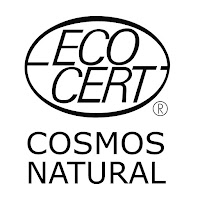HOW NATURAL ARE “NATURAL” COSMETICS ?

HOW NATURAL ARE “NATURAL” COSMETICS ? Dear readers, For the second blog “straight from the lab” I would like to talk about natural and organic (bio) cosmetics . It is of course nice to think that you can buy “totally natural products”, without “harmful chemicals” and free-from all the “nasties”. But how can you tell which products on the market are really natural? For a long time there has been much confusion over what can and cannot be called a ‘natural product’. It should be said that although there is still no official universal definition we are getting closer to defining what a “natural” or “organic” cosmetic should and should not contain. Read on… Look for the label … In order to maintain trust and honesty towards consumers, any claims such as “natural” and “organic” must be justified by the manufacturer of the cosmetic product. So, we would advise you to look for an official LABEL that has been certified by an external third party and guarantees that the p
